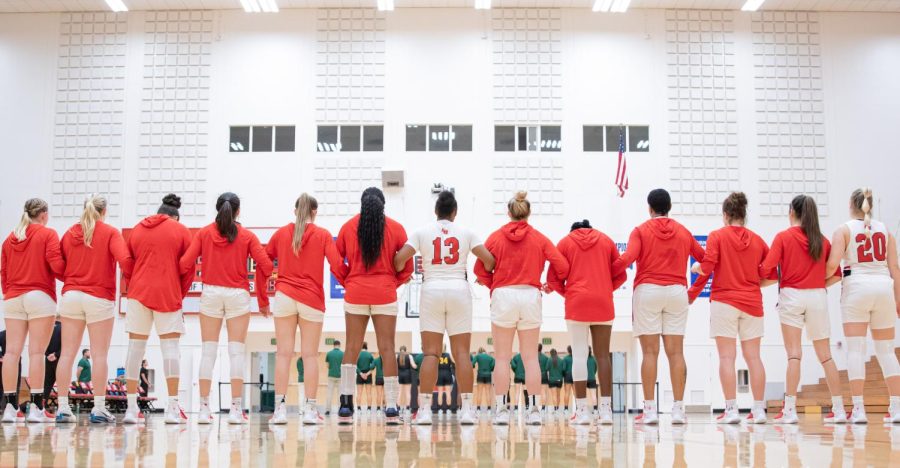Northern California may soon be the global epicenter of biotech careers, after Bay Area congressional leaders announced a $2.2 million grant earmarked for medical manufacturing jobs involving bioscience.
“This investment will help to strengthen the networks that help to drive job creation and create economic prosperity in the region,” said Stephen Baiter, director of the Workforce Development Board of Contra Costa County. “By infusing resources into efforts that support research and development of innovative technologies, the East Bay will continue its strong growth momentum and help create new businesses offering high-quality jobs.”
The workforce director says the goal of the project is to help bioscience and medical companies attain necessary resources (primarily networking tools) to work collaboratively.
“They’ll be able to access this network and be able to attend these events and it’s access servers and [receive] support from the research institutions,” Baiter said referring to partnerships between companies and local colleges. “Things like, being able to go to pitch sessions.”
The initiatives purpose to promote manufacturing jobs alongside healthy partnerships. Its intention is to transform the “silo mentality” into a rich cooperative atmosphere between bioscience field’s public-private companies, nearby colleges including CSU East Bay, and small starter businesses says Peter Crabtree, Dean of Laney College’s Career and Technical Education Division.
“We’re looking forward to these partnerships and looking forward to seeing what happens,” said Crabtree, who explained the project was an experiment “still in the planning stages.”
The grant is funded by five federal agencies, which awarded the money to state agencies through President Barack Obama’s administration’s Advanced Manufacturing Jobs and Innovation Accelerator Challenge announced in Oct. The initiative granted public-private partnerships – across the country – to become competitive innovators in the biotech field. Other states that received the grants towards specific fields include Arizona, Michigan, New York, Oklahoma, Oregon, Pennsylvania, Tennessee and Washington.
United States Energy Director Steven Chu says it is “part of President Obama’s blueprint for an economy built to last,” and claims that the national movement towards job creation will “strengthen our competitive edge and leadership in the global manufacturing sector.”
The California investment dubbed, the Advanced Manufacturing Medical/Biosciences Pipeline for Economic Development (AM2PED), is expected to train 75 employees annually for three years along with assisting 75 companies in leveraging local resources.
“Many different kinds of jobs will be created, most of which initially require advanced technical skills and degrees,” Baiter said, who also says the Professional, Scientific and Technical Services (PSTS) industry pays “two to three times the median wage in the region.”
The main targets are small start-up businesses because of their abundance and their ability to “feed off each other” explained Crabtree. However, large local companies, such as the worldwide medical care company – Abbott – can also access those resources.
Crabtree says these manufacturing jobs are “are not likely to be outsourced” and are highly regulated by the Federal Drug Administration (FDA). Furthermore, they are constantly growing and employing people along with generating revenue for California.
A study done by California Community Colleges Economic and Workforce Development stated, “California has the largest biotechnology employment base in the U.S. with more than 228,000 jobs, a figure which has steadily grown and outpaced the nation.”
The study noted, “$4.7 billion in biotechnology-related venture capital (VC) investments were made in California in 2011,” which accounted for “one of every three VC dollars invested in the state.”
Laney college’s awarded grant by the Employment and Training Administration will allow engineering students to partner with UC Berkeley in helping start-up companies.
Liberal Congressional Representatives John Garamendi, George Miller, Jerry McNerney and Barbara Lee introduced the grant on Nov. 28. The group, who are all advocates for a campaign to replenish jobs, Make It In America, believes “the plan will be a catalyst for job creation and leveraging private capital,” according to the press release.
“I have long advocated for better integration between public research and private job creation. Many of the high tech success stories that helped build America’s middle class originated with this type of technology transfer,” Garamendi said. “I’m excited that the AM2PED is moving forward, because it’s an opportunity to Make It In America and create good local jobs in manufacturing and research.”
California has been an innovator of biotechnology. Two of California based biotechnology companies (as of June) are within the top three highest bioscience revenue makers in the world. Together, Amgen of Thousand Oaks, Cali., and Gilead Sciences of Foster City, Cali., reported earnings of $100.25 billion, according to Genetic Engineering and Biotechnology News.
Baiter said there is no known opposition, because “people generally understand that it helps to support regional economic development by enhancing public-private partnerships.”











